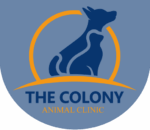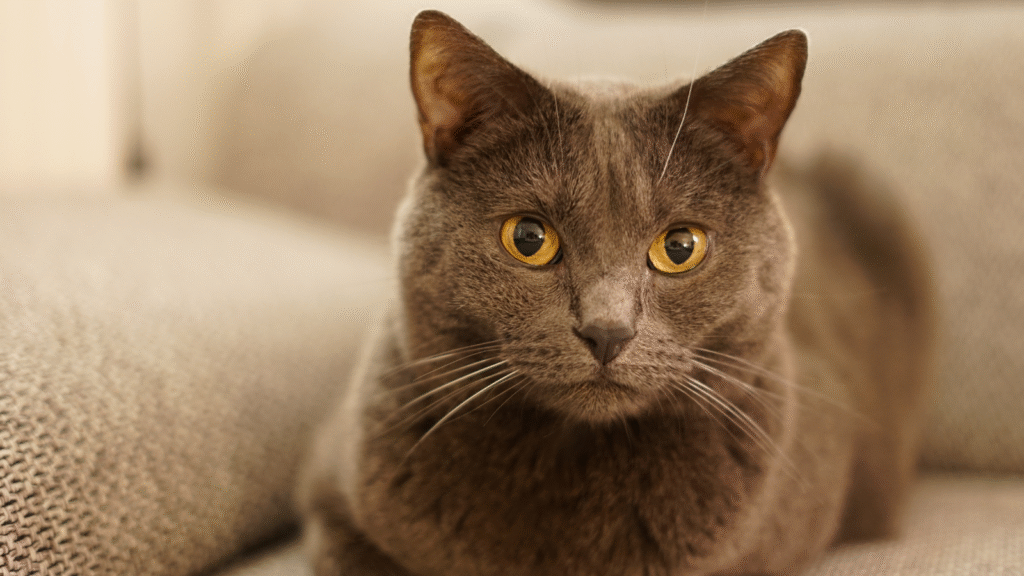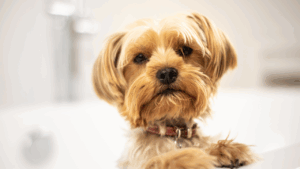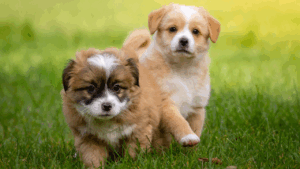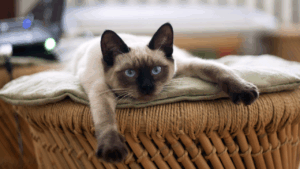That wagging tail or purring nudge makes it hard to say no to treats and scraps from the table, but when those extra calories add up, your pet’s health could be at risk. Our team of veterinary professionals at The Colony Animal Clinic understands that helping your pet lose weight isn’t always easy, but it is always worth it. Safe weight management improves a pet’s quality of life and prevents serious health issues. Here’s how to help your pet slim down safely.
Safe Weight Loss for Pets
Crash diets or sudden food cuts can be dangerous for your pet. Rapid weight loss may lead to:
- Nutrient deficiencies
- Muscle loss instead of fat loss
- Stress and food-related behavior issues
If your pet is overweight, they’re not alone. In a 2024 study from The Association for Pet Obesity Prevention, 35% of dog owners and 33% of cat owners self-reported their pets as being overweight or obese. Weight is a big issue for animals across the United States, but managing it needs to be done safely.
Tips for Healthy Pet Weight Loss
Tip 1: Get a Baseline First
Before making any changes, schedule a veterinary exam. A veterinarian will determine your pet’s ideal weight, assess any underlying medical conditions, and recommend an appropriate weight loss plan.
Tip 2: Measure, Don’t Guess
Use a measuring cup or food scale for every meal. Even slight overfeeding can stall weight loss.
Tip 3: Switch to a Weight-Management Diet
Some pets need more than just portion control. Prescription or veterinary-recommended low-calorie diets help your pet feel full while shedding pounds.
Tip 4: Stick to a Routine Feeding Schedule
Free-feeding (leaving food out all day) makes portion tracking nearly impossible. Feed your pet at consistent times each day and remove uneaten food after about 15 minutes.
Tip 5: Cut Out High-Calorie Treats
Treats are often the hidden culprit in weight gain. Stick to low-calorie options, break larger treats into smaller bits, and/or use veggies as rewards.
Tip 6: Add in Daily Exercise
Even a few extra minutes of activity each day helps. Try leash walks, indoor play sessions, laser toys for cats, or food puzzles that require movement and problem-solving. Increase activity gradually.
Tip 7: Track Progress Together
Keep a weight journal and ask your veterinarian about coming by for regular weigh-ins. Small successes add up. If needed, a veterinarian can fine-tune their plan along the way.
Managing Weight with a Veterinarian
Pet weight loss isn’t one-size-fits-all. Working with a veterinarian takes a lot of the guesswork out of the process. Set up a nutrition consultation with your vet. They will be able to help you sort out a goal weight for your pet and what success will look like along the way. Taking your pet to the vet first also means that diagnostics can be run in case your animal companion has a health condition that is causing the weight gain.
Veterinary Weight Management in The Colony, TX
Helping your pet reach a healthy weight gives them the support they need for a better life. They’ll thank you with every tail wag and cuddle. The Colony Animal Clinic has veterinary weight management services in The Colony for cats and dogs from Castle Hills, Frisco, and The Colony, and neighboring Texas areas. Ready to start your pet’s weight-loss journey? Schedule a nutrition consultation at The Colony Animal Clinic.
